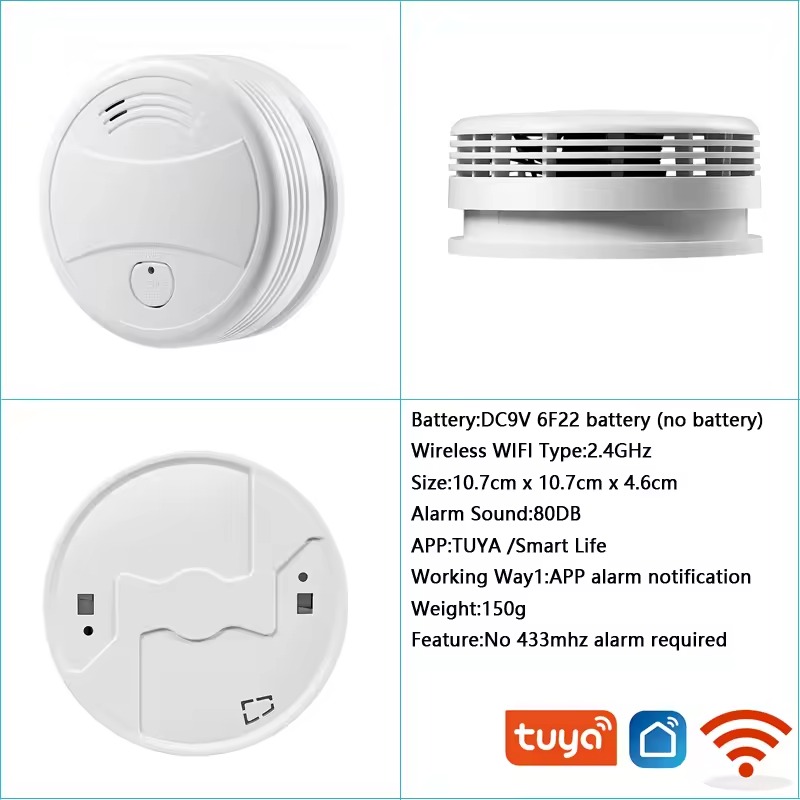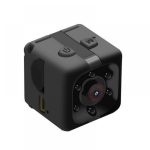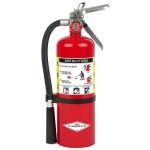Understanding Why Smoke Alarms Beep
Understanding the reasons behind the beeping of your smoke alarm is crucial. Sometimes, the sound alerts you to potential dangers. In other cases, it indicates that the detector needs some maintenance or attention. Identifying the cause will help you take the correct steps to silence the alarm efficiently.
Common Reasons for Smoke Alarm Chirping
Smoke alarms may start chirping for a few common reasons:
- Improperly Installed or Loose Battery: Ensure the battery fits snugly and installs correctly.
- Dusty Sensing Chamber: Dirt or dust can obstruct the sensor, prompting the beep.
- Environmental Factors: High humidity or extreme temperatures might trigger the alarm.
- Aged Detector: Old smoke detectors often chirp to indicate they need replacing.
- Electrical Issues: Fluctuations in your home’s electricity supply can affect hard-wired detectors.
Recognizing these causes will help you address the beeping sound more effectively.
What Different Smoke Detector Beeps Indicate
Smoke alarms emit different beeps based on the problem detected:
- Continuous Beeps: This often means there’s smoke somewhere. Check all interconnected detectors.
- Beeps Every 30 Seconds or a Minute: Usually, this indicates a low battery or incorrect installation.
- Multiple Beeps: This could be for various reasons such as high carbon monoxide levels if combined with a CO detector, or a malfunction.
By understanding what each pattern of beeps means, you can take swift and appropriate action to ensure your safety and peace of mind.
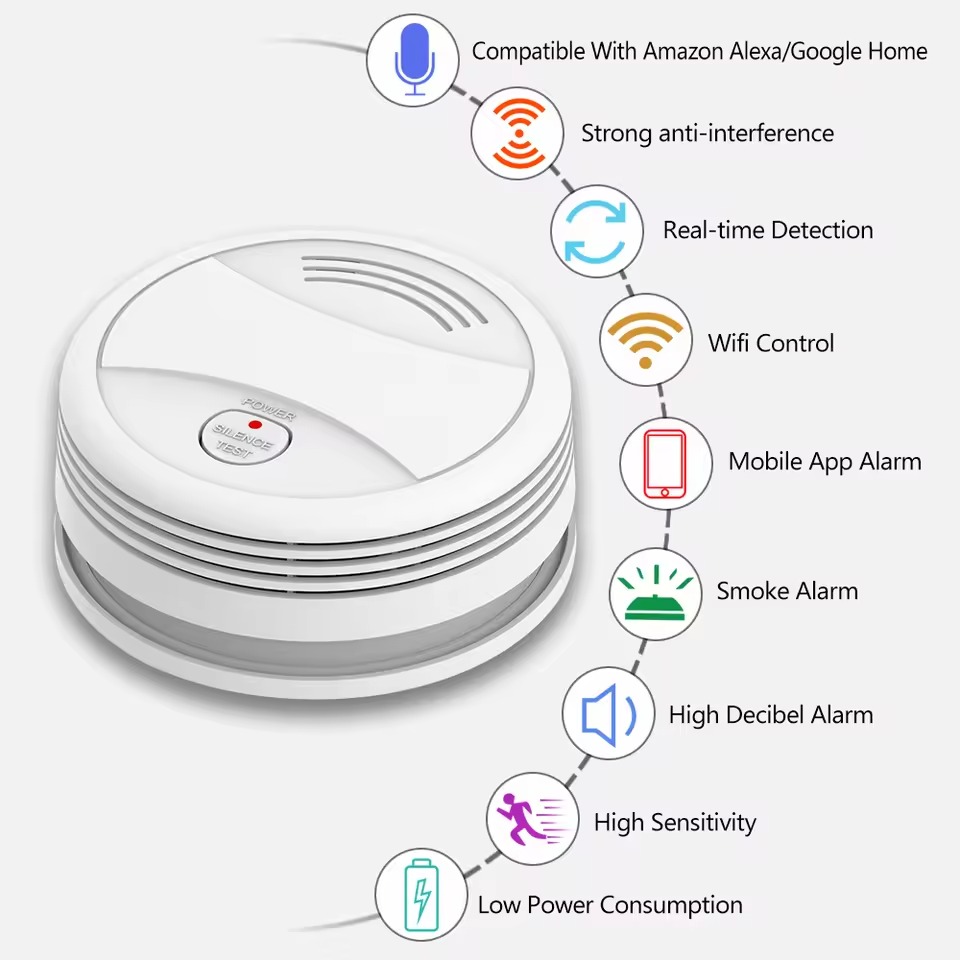
Step-by-Step Solutions to Stop the Beeping
Effective steps to silence smoke alarms involve simple yet essential actions.
Replace Smoke Alarm Batteries
Begin by replacing the smoke alarm batteries. This is often the simplest solution. Use a battery tester to check and ensure you insert only new, fully-charged batteries.
Secure the Fire Alarm Battery Drawer
Make sure the battery drawer is fully closed. A partial closure may prevent proper battery contact, leading to beeps.
Remove Battery Pull Tabs
Check for any pull tabs that haven’t been removed from the battery. Removing these ensures complete contact between the batter and the alarm’s terminals.
Clean the Smoke Alarm Sensing Chamber
Open and gently clean the sensing chamber. This chamber can collect dust which might cause unnecessary beeping.
Check for Temperature Fluctuations Affecting the Alarm
Locate your smoke alarm away from HVAC vents, windows, or kitchen heat sources. Sudden temperature changes can trigger false alarms.
Consider Replacing Older Smoke Detectors
If your smoke alarm is over eight years old, consider replacing it. Older alarms often beep to indicate they need replacement.
Choosing Between Types of Smoke Detectors
Navigating the choices between smoke detectors is essential for optimal home safety. Two primary types exist: battery-operated and hard-wired.
Battery-Operated vs. Hard-Wired Smoke Alarms
When deciding on a smoke alarm, consider the pros and cons of each type.
Battery-Operated Smoke Detectors: These are standalone units. They sound individually and not with others. Being battery-powered ensures functionality during power outages. They’re easier to install and less expensive initially. However, battery life requires regular checks and replacements to maintain effectiveness.
Hard-Wired Smoke Alarms: These alarms are connected to your home’s electrical system and often to each other. Installation might require professional help. They usually have battery backups for power outages. Though more costly upfront, they save on battery expenses and can provide a networked response to dangers.
Each choice has its unique benefits. Your decision may be influenced by factors such as convenience, cost, the layout of your home, and personal preferences for maintenance.

Proper Maintenance of Smoke Detectors
Maintaining smoke detectors is key to ensuring they function when you need them most. They safeguard your home by alerting you to fires early on. Here’s how to keep them in top shape.
Testing and Replacing Smoke Detectors
Regularly test your smoke detectors to confirm they’re working. Monthly tests are standard. If a detector fails to sound during a test, replace the batteries. Should the problem persist, the unit may need replacement. Remember, smoke detectors typically last for about ten years. After this period, it’s best to install new ones.
With battery-operated alarms, it’s easy to pop in new batteries. But for hard-wired systems, consider calling a professional. They can ensure that everything is installed correctly and safely.
Ensuring Smoke Detectors Function Properly in Power Outages
For hard-wired smoke detectors, a backup battery is crucial. It ensures the alarm works even during a power cut. Check these backup batteries regularly, just like the main batteries in standalone detectors. Replace them as needed, ideally once a year, to be certain your alarms remain active at all times.
Whether you have a power outage or a simple battery failure, your smoke detectors should reliably perform. By following these steps, you help protect yourself and your loved ones from unexpected dangers posed by fires.
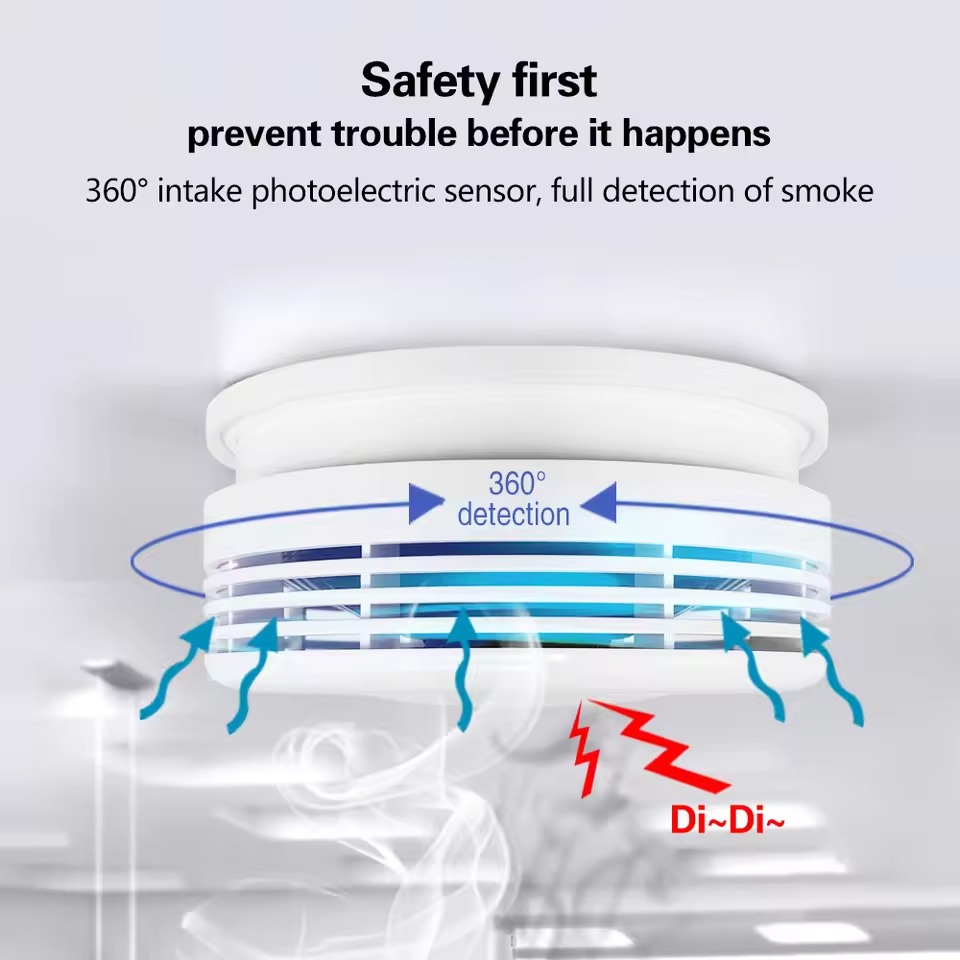
Professional Installation and Services
Choosing to have your smoke detectors professionally installed can offer many benefits. Professionals know best how to handle the installation of hard-wired systems. Their expertise ensures safety and compliance with local regulations.
Advantages of Professional Installations for Hard-Wired Systems
Professional installations for hard-wired smoke alarms have several advantages. Here are key points to consider:
- Expert Setup: Qualified technicians understand electrical systems. They make sure your smoke alarms connect correctly to your home’s power supply.
- Safety Guarantee: Professionals follow strict safety codes. They reduce the risk of electrical issues that could lead to malfunctions or fires.
- Time-Saving: Installation by a professional saves you time. They can handle complex setups quickly and efficiently.
- Reliability: A correctly installed system is more reliable. It ensures your smoke alarms work properly during emergencies.
- Maintenance Advice: Installers can give you tips on how to maintain your smoke alarms. This knowledge helps keep your detectors in good shape.
- Integration with Security Systems: Professionals can integrate smoke detectors with your existing home security system. This provides an added layer of protection for your home.
Remember to reach out to a reputed service provider. Look for a company like Wayne Alarm Systems with a solid track record. They can give you peace of mind knowing your smoke alarm system is set up to protect you and your family when you need it most.
Importance of Regular Maintenance
Regular maintenance of smoke detectors is not just about compliance; it directly impacts your safety. Dust, debris, and cobwebs can accumulate on smoke detectors, hindering their functionality. To ensure optimal performance, clean your smoke detectors every few months using a vacuum cleaner or a soft brush attachment. Keeping them free from dust and other particles significantly increases the chances of detection during a fire emergency.
Understanding Different Types of Smoke Detectors
Smoke detectors generally fall into two categories: ionization and photoelectric. Ionization smoke detectors are more responsive to flaming fires, while photoelectric detectors are better from smoldering fires. For comprehensive safety, consider installing a combination of both types within your home. This dual approach offers a broader range of fire detection, ensuring that you are alerted regardless of the fire’s nature.
